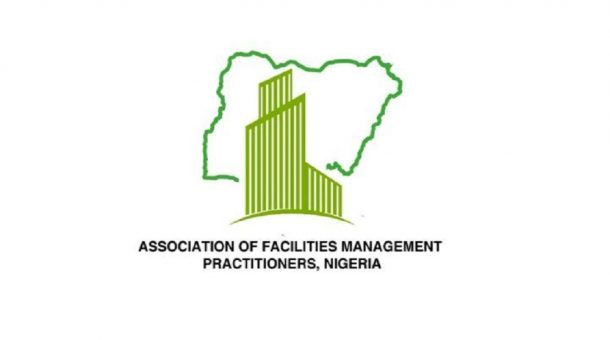How Facility Management Can Boost Nigeria's Economic Stability - AFMPN President
How Facility Management Can Boost Nigeria’s Economic Stability – AFMPN President
By Achimi Muktar
In a significant statement for Nigeria’s future, the Association of Facilities Management Practitioners Nigeria (AFMPN) has emphasized that the nation's economic stability could see a major boost through effective facility management. AFMPN President, Paul Erubami, highlighted the critical role the profession plays in maintaining the built environment, which is crucial for the country’s overall development.
Speaking at a press conference ahead of the Facility Management MasterCraft Diploma Graduation Ceremony, Erubami explained that facility management (FM) is at the heart of what he termed the "maintenance economy." He noted that its core function is to ensure the efficient and effective operability of infrastructure, which directly impacts productivity across sectors.
"Facility management integrates the physical workplace with the people and the work that needs to be done," Erubami said. "It encompasses everything from routine maintenance and repairs to advanced strategic planning and implementation. A well-managed facility provides the environment needed to support productivity, health, and well-being."
Erubami, who also serves as the Chief Executive Officer of Max-Migold Limited, stressed that facility management not only safeguards existing investments in infrastructure but also generates employment and spurs local economic development. By keeping the country's built environments in good condition, the sector enhances service delivery, contributing to national growth.
Facility Management and Sustainability
Beyond its economic benefits, Erubami pointed out that facility management can also play a pivotal role in Nigeria’s sustainability efforts. He underscored that responsible management of facilities reduces greenhouse gas emissions, conserves natural resources, and helps in the fight against climate change.
"Good facility management can lead to significant cost savings through resource optimization, reduced energy consumption, and minimal operational disruptions," he added.
Erubami's remarks come as AFMPN prepares to celebrate the next generation of facility management professionals. The Facility Management MasterCraft Diploma Graduation Ceremony is set to take place on December 14, 2024, at the University of Lagos (UNILAG). The event will mark the culmination of a rigorous training program designed to equip graduates with the skills needed to lead the sector into the future.
Facility Management’s Role in Economic Growth
As Nigeria grapples with various economic challenges, the AFMPN believes that the facility management industry is uniquely positioned to contribute to sustainable economic growth. Erubami emphasized that a well-managed built environment not only attracts investment but also ensures that existing infrastructure delivers long-term value.
He concluded by calling for more investment in the sector, noting that facility management’s potential for cost savings, job creation, and environmental sustainability could be a game-changer for Nigeria’s economic trajectory.
The AFMPN is looking to strengthen the industry’s role as a key driver in the nation’s recovery and future prosperity.





















